Government should reconsider the upward adjustment of electricity tariff in the face of inflationary pressure, an economist, Emmanuel Zulu, has said.
Zulu said on Sunday that the country has seen positive economic growth post the Covid-19 period with the current growth rate sitting around three percent.
He said in a statement issued in Lusaka that government targets to achieve a growth rate of 4.5 percent in the medium term.
Zulu said that it also projects to achieve a single digit inflation rate of between six percent to eight percent.
Zulu, however, said the projections were premised on the bedrock of increasing investment flows and a stronger currency.
“The talks around the big elephant in the room; Unsustainable debt have protracted beyond the expected period despite Zambia being able to receive a 38 months International Monitoring Fund (IMF) Extended Credit Facility of US$1.3billion,” he said.
Read more: Electricity tariffs must guarantee good returns to attract investors into energy sector — Chikwanda
He said it was anticipated that the creditors under G20 Common Framework would agree to give Zambia debt relief to enable it attract investment, sustainably provide services and grow it’s economy to desirable levels.
“However, the negotiations for a debt restructuring deal which started last year are still ongoing but we remain optimistic of the best outcome.
“We cannot ignore the negative impact the prolonging of these negotiations around debt restructuring are having on our local trading unit (the Kwacha) amidst other influencing factors,” he said.
Zulu said the investment confidence levels have significantly dwindled and this has affected capital inflows and growth.
He said the measures taken by the Bank of Zambia to contain inflation from the side of the monetary policy by employing contractionary measures of raising both the statutory reserve ratio by 2.5 percent and monetary policy rate by 25 basis points has seen liquidity constraints affect business activities negatively and making access to incomes a nightmare by most citizens.
He said the recent announced food basket or rather Basic Needs and Nutrition Basket by the Jesuit Centre for Theological Reflection (JCTR) standing at about K9,247 for a family of five in Lusaka is another confirmation of rising cost of living.
Zulu said this was also confirmed by the rise in the inflation rate for the month of February which stood at 9.6 percent from 9.4 percent in January.
“It is therefore unimaginable that we are yet to have the cost of energy adjusted upwards by 37percent in the current economic environment. This move may need to be reconsidered as it will have additional inflationary pressure on the economy and see the cost of living rise further,” he said.
“It is therefore an appeal that the move to approve the proposal to raise energy tariffs by ZESCO be delayed as we manoeuver around as country in trying to find solutions around our debt crisis which is affecting the cost of imports by negatively affecting our local unit performance against the dollar,” he said.
Zulu said the Kwacha performance has been under stress and this may continue for as long as the country was kept in a balancing scale regarding the outcome of the debt restructuring talks.
“And we do not encourage local production within our own capacity,” he said.
Contributed by Julius Phiri
WARNING! All rights reserved. This material, and other digital content on this website, may not be reproduced, published, broadcast, rewritten or redistributed in whole or in part without prior express permission from ZAMBIA MONITOR.

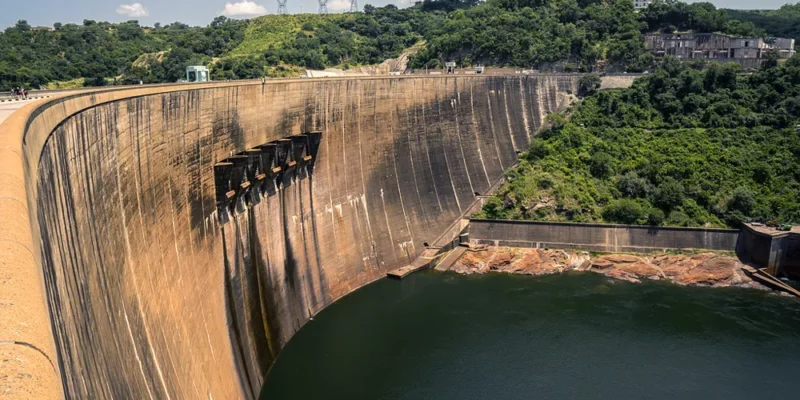
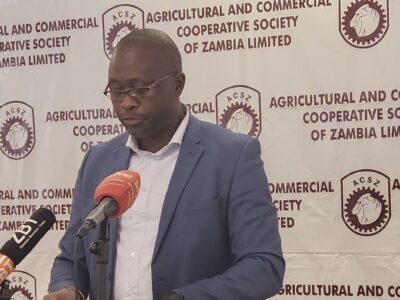



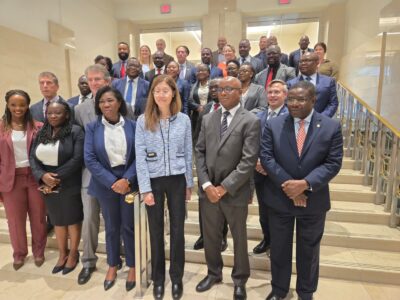
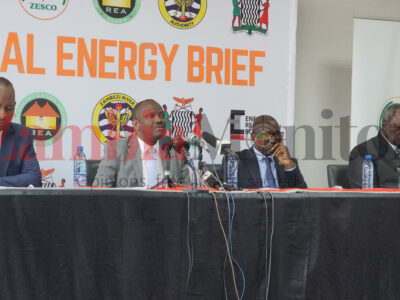



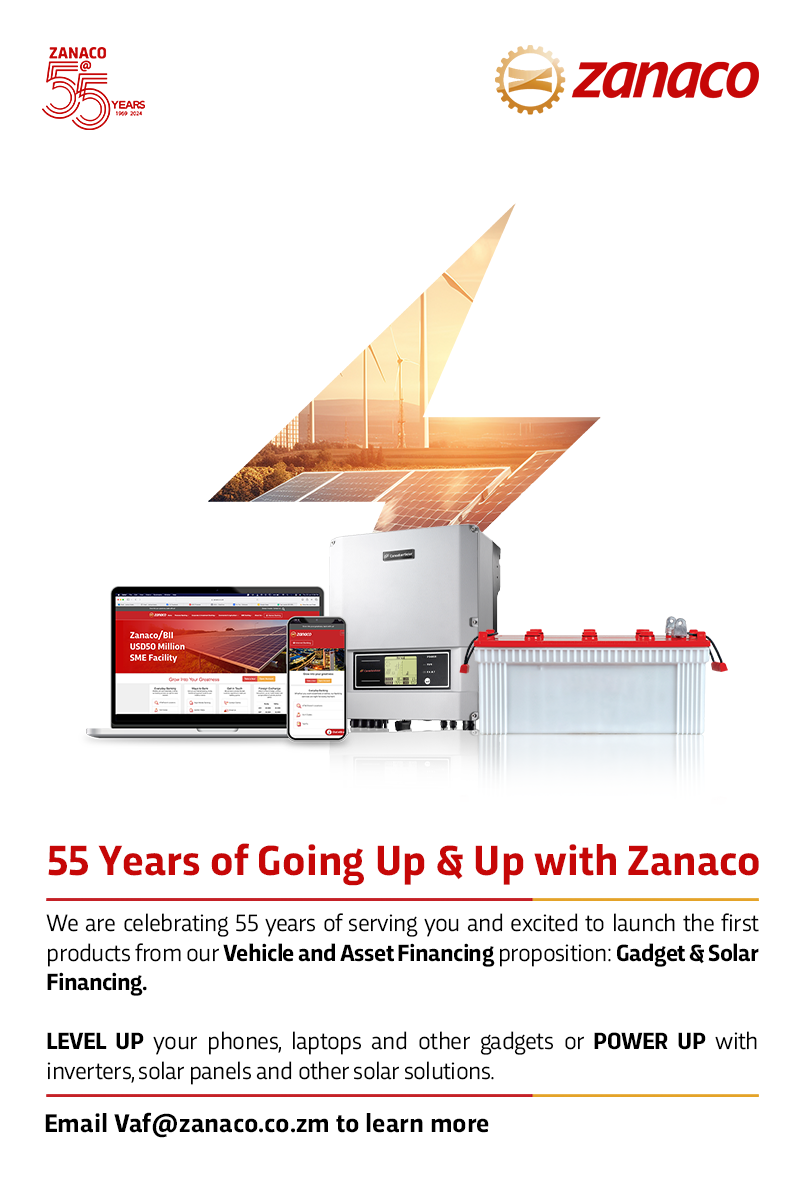

Comments